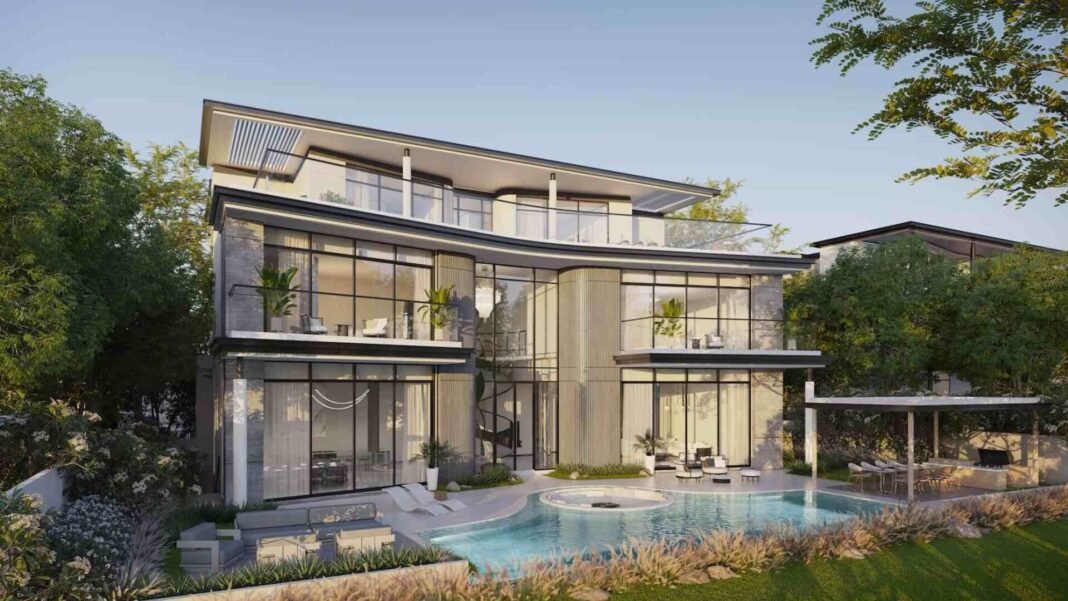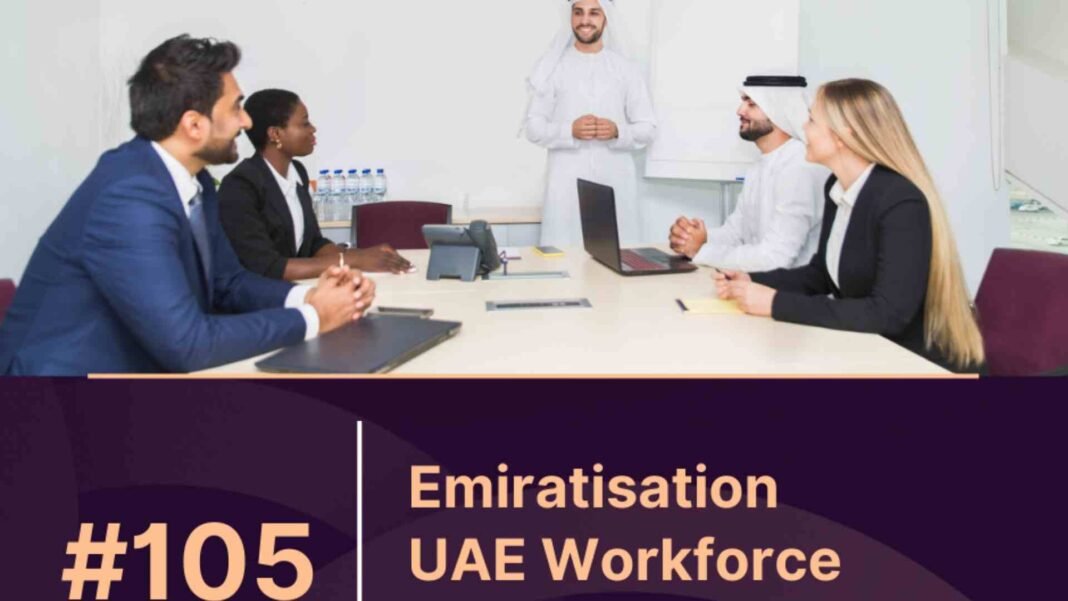The Gulf Cooperation Council (GCC), which includes Saudi Arabia, the United Arab Emirates (UAE), Qatar, Kuwait, Bahrain, and Oman, is spearheading a transformative urban revolution. As cities worldwide face challenges from rapid urbanization, the GCC is building smart cities that integrate advanced technologies with sustainable urban planning. These initiatives aim to enhance the quality of life, promote economic diversification, and address environmental challenges. By prioritizing human-centric design, the GCC is reshaping its urban landscapes and setting a global benchmark for the future of urban living. The GCC’s Smart City Initiatives: A Bold Vision The GCC’s commitment to smart cities is evident in its ambitious projects, which leverage technologies like Artificial Intelligence (AI), the Internet of Things (IoT), and robotics to create efficient and sustainable urban environments. One standout project is NEOM in Saudi Arabia, a $500 billion mega-city launched in 2017. NEOM’s flagship component, “The Line,” is a 170-kilometer linear city designed with no cars, streets, or carbon emissions. Powered entirely by clean energy, it promotes walkability and high-speed transit while integrating urban agriculture for food security. In the UAE, Masdar City in Abu Dhabi is a pioneer in sustainable urban development. Launched nearly a decade ago, it uses solar power, passive cooling, and smart water meters to minimize environmental impact. Its car-free, pedestrian-friendly design reduces reliance on

Smart Cities and Intelligent Infrastructure: The GCC’s Vision for Urban Living
Topics
- Artificial Intelligence
- companies
- Construct 360
- E-Commerce industry
- Economy News
- Economy News
- Editor Choice
- Edtech industry
- energy industry
- Entertainment & Leisure
- Entrepreneurs
- Featured
- Fintech
- Funding News
- General News
- Government Policies
- Growth & Strategy
- Health & Wellness
- Healthtech
- industry
- Information & Communication Technology
- Lifestyle
- Management
- Management and Leadership
- Marketing & Branding
- Merger and Acquisition
- Money & Personal Finance
- News
- Oil and Gas
- Real Estate
- Sports and Productivity
- Start-up
- Technology
- Top 10 Listing Article
- Travel
- Women
More
Popular Categories



